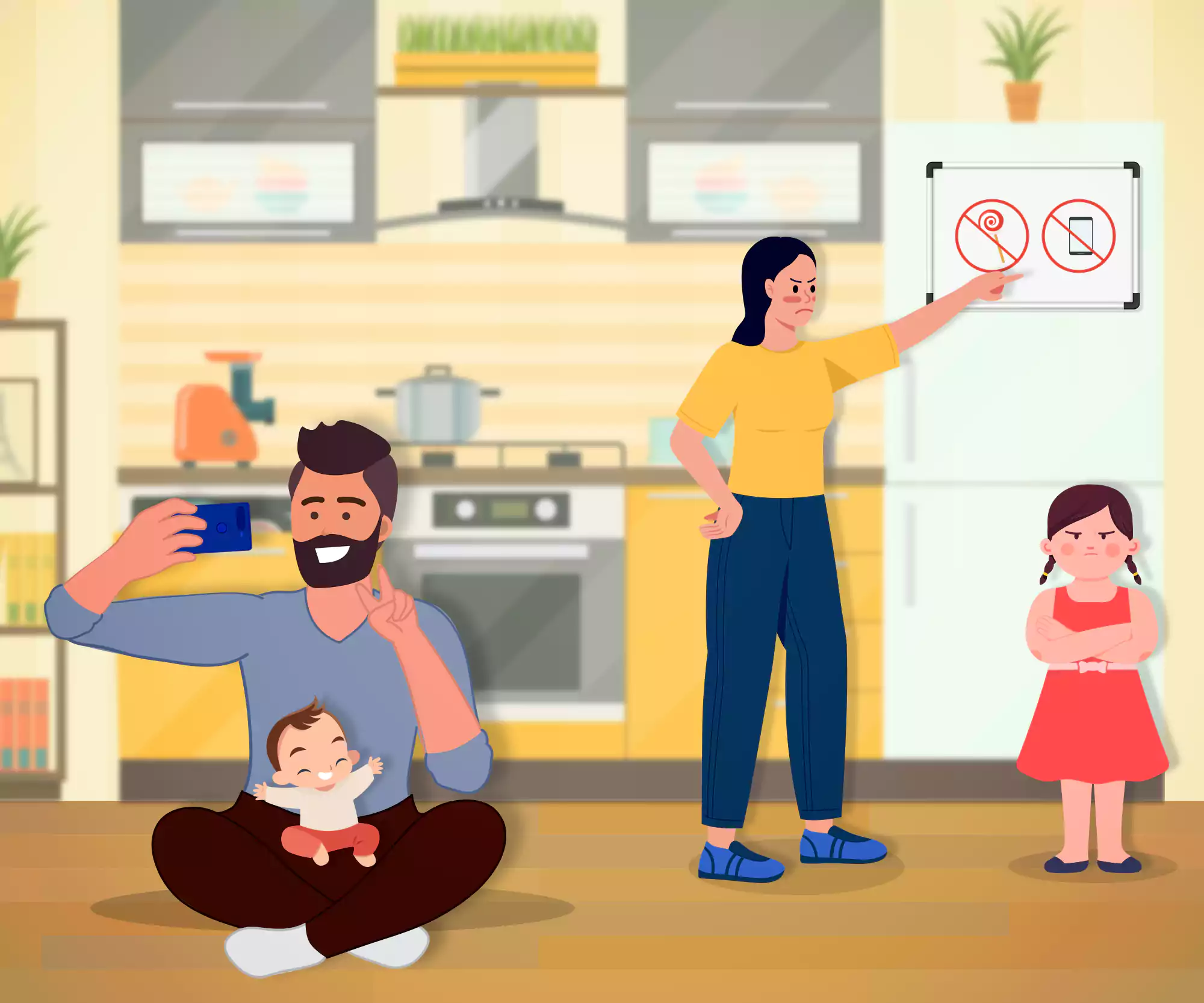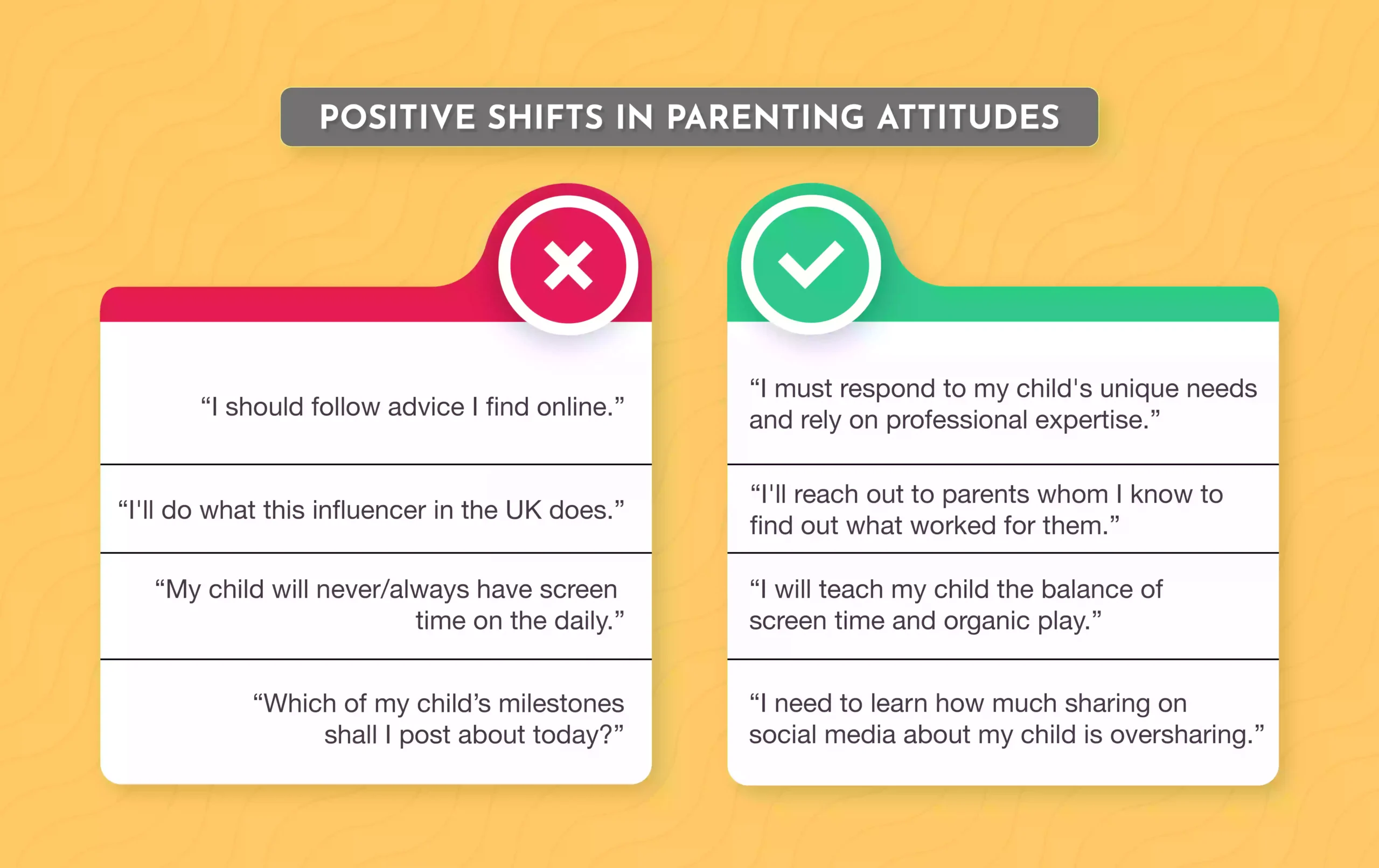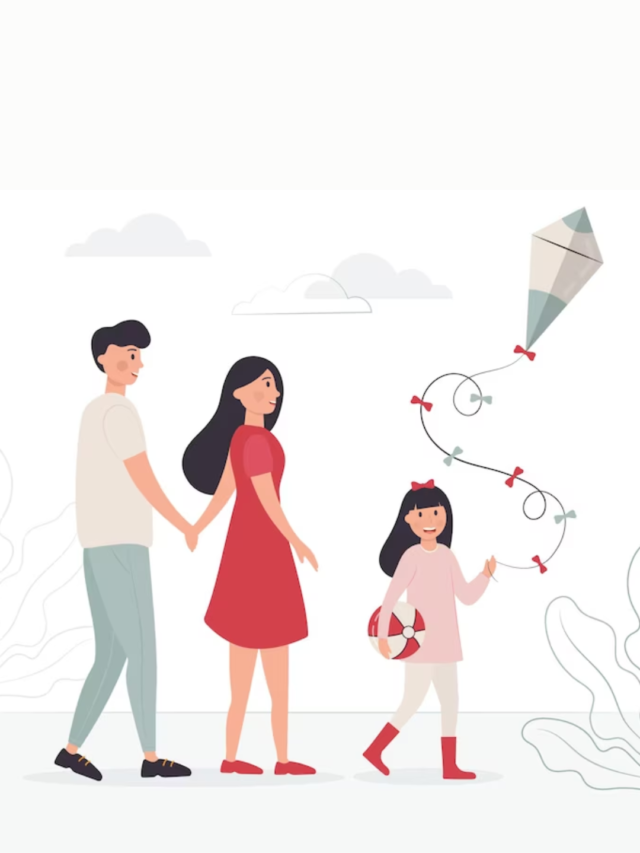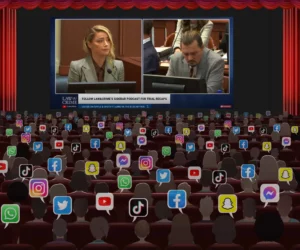
What makes you a good parent? Traditionally, you raised your children somewhat like how your parents raised you, as expected by your community. But once the internet exploded to reveal an abundance of information, choices, and opinions, parenting grew more complex. Suddenly, every parent had to cross-analyse their child’s meal plans, diaper brand, college funds, and beyond with voices online. So how has this intensified parenting pressure? And how are parents adapting for their children to cope with today’s rapidly changing world? Let’s explore.
Deprogramming parenting styles
Here is something that parents of previous generations probably never thought—they aren’t always right. Parents used to believe that they knew what was best for their children. They would parent their children based on how their parents raised them because traditional methods ‘worked’, seeing how they turned out so admirably. They never doubted this hand-me-down style of parenting because they didn’t give it too much thought.
It’s easy to understand this trend using Maslow’s hierarchy of needs. Earlier, parents needed to put food on the table, clothes on everyone’s backs, and ensure that their children conformed to the norms in their community. Once these basic needs were satisfied, the next generation of parents wanted their kids to have good jobs, move into respectable neighbourhoods, and marry well. We have now moved on to the highest level of Maslow’s pyramid. We want our children to maximise their potential while being creative, intellectual, capable, and aware. Our children must become pinnacles of physical, mental, and spiritual well-being. The enormous pressure this puts on our children is no joke. Additionally, the stress the parents are under is pretty incredible. For parent and child to pull through, parents need to deprogramme themselves of behaviour and instincts they learnt from former generations.
This deprogramming would make parents see that the conditions they grew up under are no longer applicable. Both the obstacles and the rewards have changed. Drastically. And this deprogramming, in turn, would awaken parents to understand that recycled parenting approaches will not always work.
Parenting perplexion
Without instincts, however, parents are left with many more questions than answers—a bit rudderless. While it may seem to provide solutions, the internet’s information overload comes with its struggles. Terms like ‘gentle’, ‘responsive’, and ‘intentional parenting’ are everywhere. But unfortunately, every content creator attaches new meanings to each term.
Let’s draw an instance from Black-ish, a show that revolves around an African American family. In one episode, Bow tries to prevent her youngest son Devante from being traumatised after his father put lotion on the child’s dry knees. While reassuring her child of his worth, we can hear her inner monologue reiterating everything she has heard and read. She reminds herself that ‘compliments are the new smoking’, ‘don’t focus on beauty, or he’s going to be an egomaniac’. We get insight into the impossible standards modern parents set for themselves and each other. Every little parental action is a potential cause for a future negative response or behaviour. For example, if you help your child, they can become dependent. Or, ignoring their feelings can make them emotionally distant in future relationships. The internet is chock-full of parental advice, the sources and authenticity of which are largely unknown.
Parenting as the white mom does
If you’ve been on the internet long enough, you would have noticed that things we consider ‘normal’ in non-white homes are ‘wrong’ in the eyes of the world wide web. For instance, feeding your child cow’s milk is wrong; not having a sleep schedule for your baby is wrong. Another example is bedsharing, a common practice in most non-white cultures during infancy and toddlerhood. But, according to the internet, if you let your baby sleep with you, you’re putting the infant in grave danger and impeding its development. So while cultural restrictions to parenting are slowly disappearing, the internet has replaced them with approaches that do not consider communal diversity. Instead, the online community sets standards of childcare based on what the white middle-class considers normal.
With many Western celebrities endorsing alternative healthcare, simple practices like going to the hospital to give birth, or giving your child the occasional candy bar, are unpopular. When influencers with a full face of make-up and a spic-and-span home share videos titled ‘A Day in the Life of a Stay-at-Home Mom’ where their child sleeps for 18 hours and gets up just to feed and play, viewers are left feeling guilty. They worry about not having an easy schedule and not being able to manage their child with such grace.

Gadget control
Parents feel that providing their children with the best childhood is the way to groom them for success. To some parents, this means equipping their children with the latest gadgets and materials. Child influencers put out reaction and unboxing videos of new toys and gadgets, creating demand for the sponsored products and leaving children feeling deprived.
Speech language pathologist, Sheba Mathew, says that the ready availability of gadgets and parents’ busy schedules has contributed to increased screen time. Unfortunately, increased screen time is known to cause ADHD and anxiety disorders. Meanwhile, some parents do not let their children watch online videos in a bid to improve their communication and socialisation skills. However, these parents may also worry that their children may fall short of their contemporaries in knowledge acquisition. Their apprehension is because many toddlers learn the alphabet, numbers, colours, nursery rhymes, and other kindergarten concepts from YouTube channels like Cocomelon and Little Baby Bum.
My kid is better than yours
The influence of social media has mandated the need for every milestone to be instantly recorded. Parents may push their children to say their first word or take their first step before they’re ready because their friend posted a video of their same-age child doing the same. As the comparisons pile up, we must remind ourselves that there is no one-size-fits-all rule regarding children. Meanwhile, recording and analysing every action could lead to children developing the need to look for outside validation. Moreover, when these children grow up, they may not appreciate that their parents shared their embarrassing childhood moments with the world.
Parenting: the mom life
Despite all the changes, one thing remains the same. The burden of child-rearing seems to fall almost entirely upon the mother. Society still expects mothers to lose themselves to being a parent. Social media also plays a part in making working moms feel guilty for being away from their children. In contrast, stay-at-home moms feel guilty about not setting a more ambitious model. The need to be the perfect mom has left many women anxious and depressed. But from the darkness emerges light—others encouraging and acknowledging each other, commiserating and empathising, sharing their journeys and speaking up about their challenges. No one does community better than the internet.
My biggest takeaway from the internet’s parenting lessons is the most cliché thing ever: communication is the key–parents communicating with each other, with their children, with other parents and, perhaps most importantly, with themselves. We must remove guilt from these equations, treat children as children (not jealous gods, angry dictators, unpleasant roommates, or future presidents), and take parenting advice only from certified professionals. Oh, and go to therapy, probably. So rather than trying to raise perfect kids, let’s do a decent job and see where that takes us.



